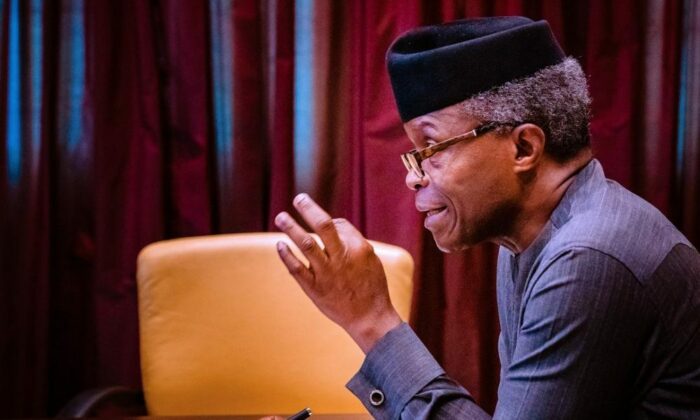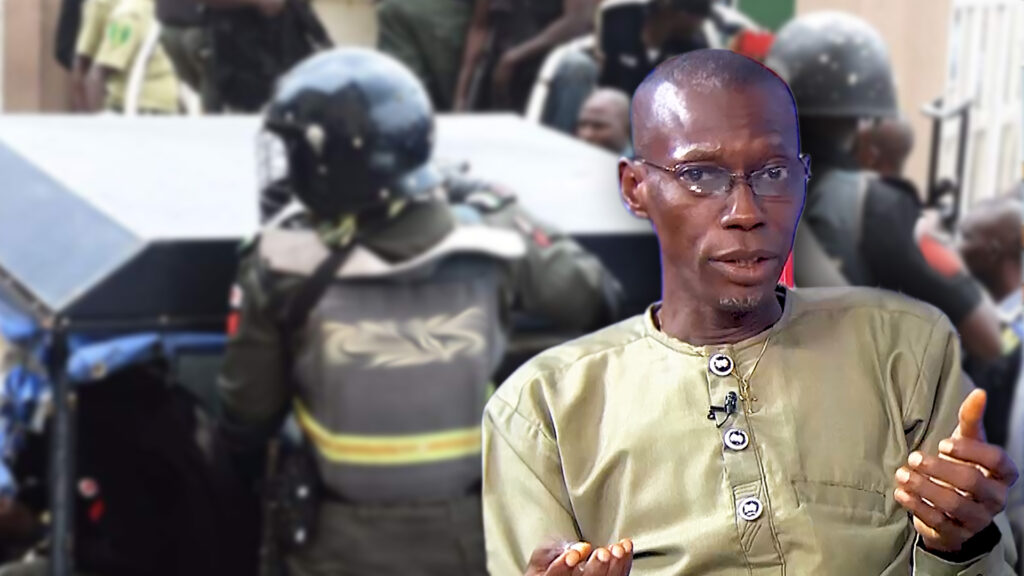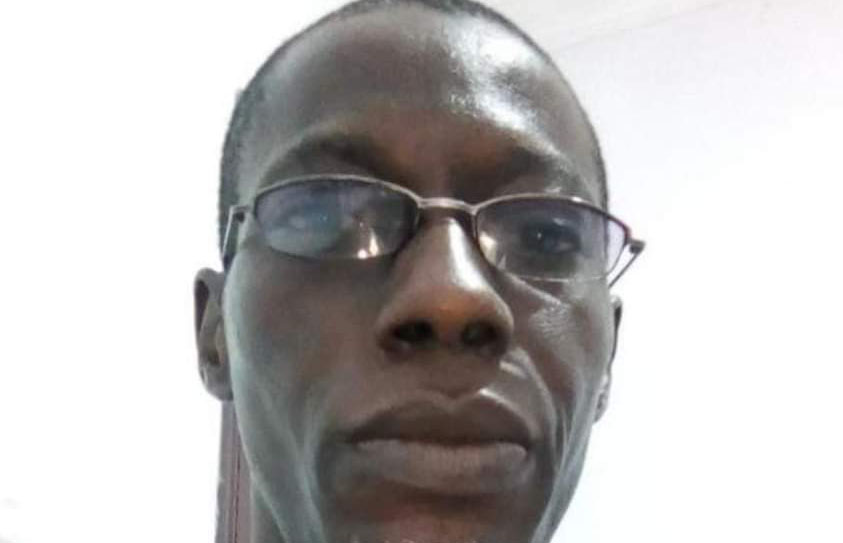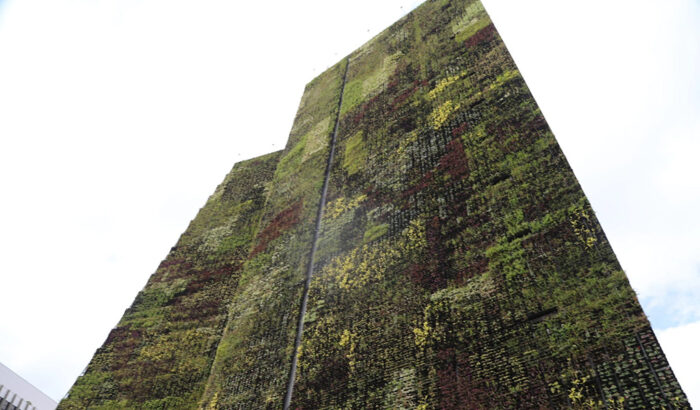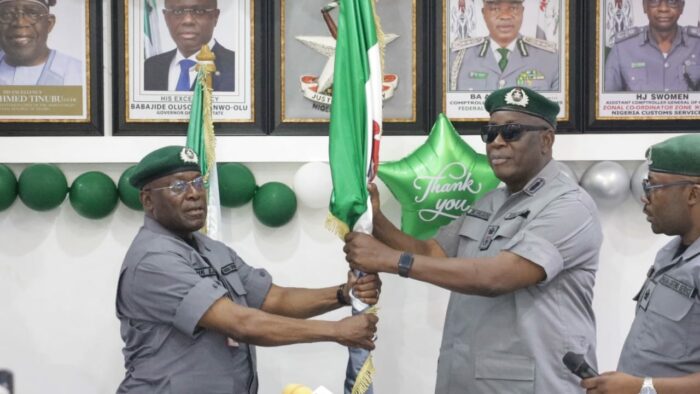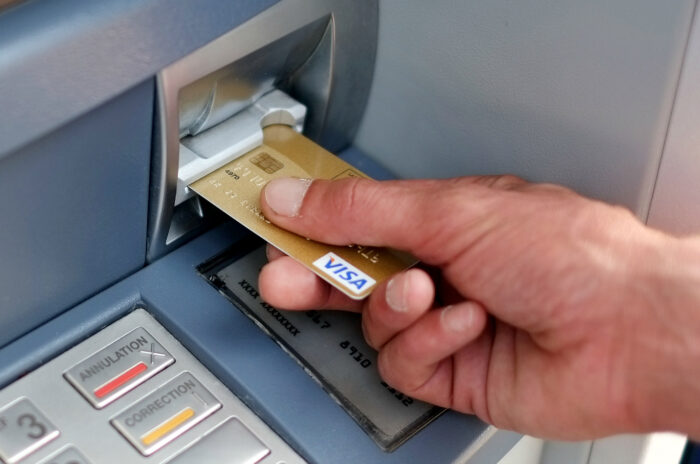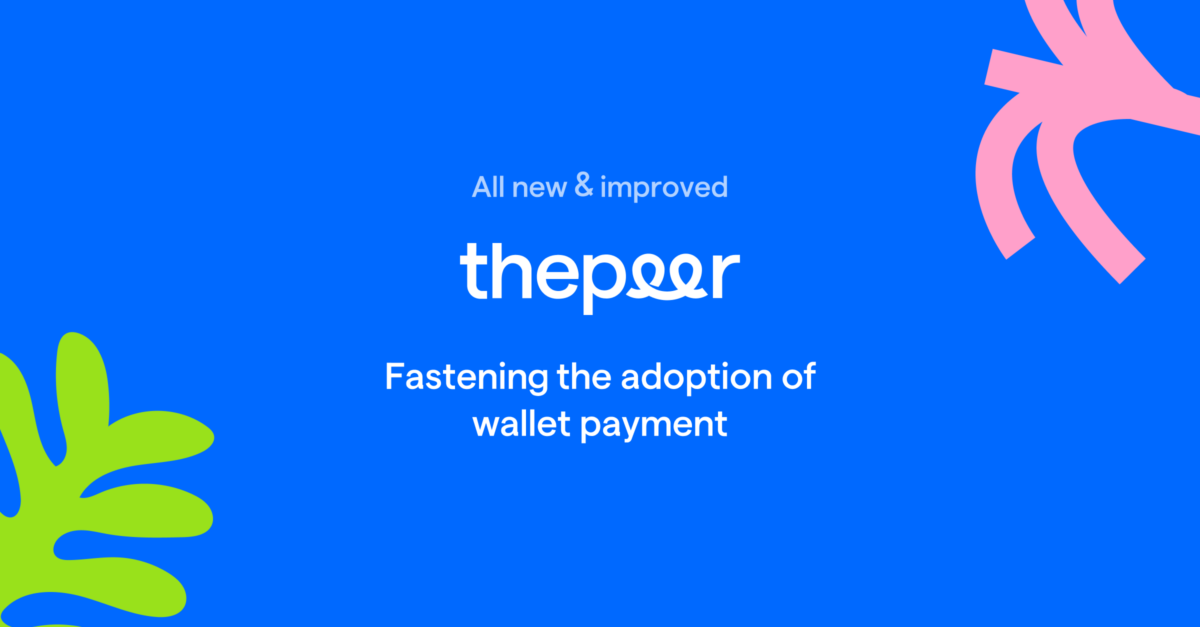Yemi Osinbajo, the Vice President of Nigeria, travelled to Washington D.C. to pitch an energy transition plan to the United States government and the World Bank on Thursday. The pitch, known as the Debt-for-Climate (DFC) deal, is a component of Nigeria’s proposed energy transition plan.
Osinbajo’s trip comes a few weeks after the Office of the Minister of Finance, Budget and National Planning revealed that money spent servicing debt surpassed the total revenue generated by the Federal Government of Nigeria in the first quarter of 2022. This suggests that the VP’s visit is to beg for debt forgiveness, but in a fair deal.
Osinbajo has already presented the deal in a lecture at the Center for Global Development in Washington. In the DFC, there is a promise of an equitable energy transition for Africa. But what exactly is the deal?
PROPOSED FAST TRACK TO NET-ZERO EMISSIONS
The DFC is a debt swap deal which involves creditors forgiving countries in debt, such as Nigeria, who in return make a financial commitment to push national climate actions.
READ ALSO: REPORT: Climate Change Has Displaced 21million People Every Year Since 2008
In Osinbajo’s words, the Debt-for-Climate deal is “a type of debt swap where bilateral or multilateral debt is forgiven by creditors in exchange for a commitment by the debtor to use the outstanding debt service payments for national climate action programmes.”
“Typically, the creditor country or institution agrees to forgive part of a debt if the debtor country would pay the avoided debt service payment in a local currency into an escrow or any other transparent fund and the funds must then be used for agreed climate projects in the debtor country,” said Osinbajo at the Centre for Global Development.
Nigeria’s government has pitched that the DFC deal will significantly advance the course of global net-zero emissions target. This should bring some development to African countries by way of more energy access.
A WIN-WIN SCHEME
Osinbajo has also described the DFC deal as a win-win for both debtors and creditors. He explained that the deal would increase the fiscal space for climate-related investments and reduce the debt burden for participating developing countries.
“I think that the important thing is that it is a win-win because it contributes to the Nationally Determined Contributions of the creditor country and creates the fiscal space necessary for climate investments for the debtor countries,” Osinbajo said.
READ ALSO: FLOOD OF TEARS: Inside Lagos Community Where Rainfall Is a Curse
CARBON EMISSIONS: AFRICA AGAINST DEVELOPED NATIONS
No African nation appeared on a recent list of the world’s top ten carbon emitters. A 2020 Statista report showed that China and the United States were emitting more carbon dioxide (CO2) than other countries.
China was the biggest emitter of fossil fuel CO2, with 30.64 percent of global emissions. The US, China, India, Russia and Japan were responsible for roughly 60 percent of global CO2 emissions in 2020.
Meanwhile, the World Meteorological Organization (WMO) has noted that climate change is hitting the most vulnerable people in Africa hardest.
“Climate change is having a growing impact on the African continent, hitting the most vulnerable hardest, and contributing to food insecurity, population displacement and stress on water resources. In recent months we have seen devastating floods, an invasion of desert locusts and now face the looming spectre of drought because of a La Niña event. The human and economic toll has been aggravated by the COVID-19 pandemic,” Petteri Taalas, WMO Secretary-General said in 2020.
The effects of climate change in sub-Saharan Africa have got worse ever since, although Africa’s developing countries are not emitting as much CO2 as developed nations in the west and Asia.
READ ALSO: Food Scarcity Looms as Climate Change Deals with Nigerian Farmers
DEBT AND CLIMATE JUSTICE
Osinbajo has referred to the DFC swap deal as part of a just transition, a plan fair to both creditors and debtors.
Nigeria is looking to utilise gas to support its decarbonisation process in the coming years.
“This is what we have done with our Energy Transition Plan. The plan was designed to tackle the dual crises of energy poverty and climate change,” Osinbajo said.
“We have presented evidence that shows gas is critical to integrating a greater share of renewable energy in Nigeria’s energy mix.”
Nigeria’s federal government believes the DFC deal will help developing countries such as Nigeria access more green energy and phase out CO2 emissions faster.
Subscribe
Be the first to receive special investigative reports and features in your inbox.


